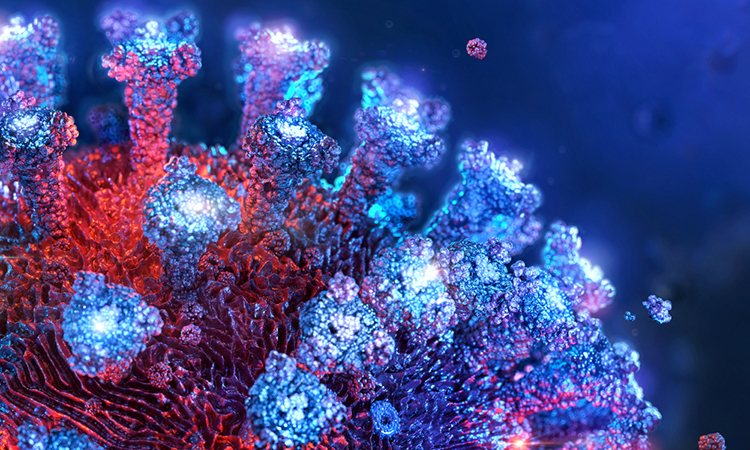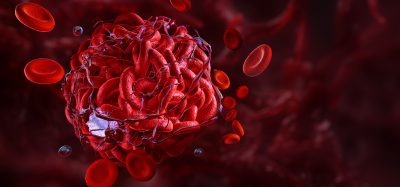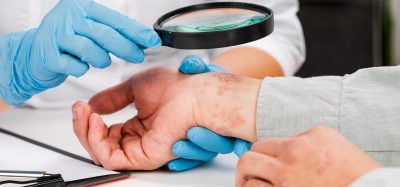Balanced T-cell response key to asymptomatic COVID-19, study suggests
Posted: 2 March 2021 | Victoria Rees (Drug Target Review) | No comments yet
A new study has suggested that asymptomatic individuals with COVID-19 mount an efficient T-cell response that protects the host.


By analysing blood samples from individuals infected with SARS-CoV-2, researchers have identified some of the differences between responses of the body’s T cells that determine whether or not an individual develops COVID-19.
The study, conducted at Duke-NUS Medical School, Singapore, suggests that clearing the virus without developing symptoms requires T cells to mount an efficient immune response that produces a careful balance of pro- and anti-inflammatory molecules.
According to the researchers, what determines whether or not an infected individual develops symptoms remains unknown. Some studies have suggested that asymptomatic individuals produce fewer anti-SARS-CoV-2 antibodies than individuals that develop symptoms. However, whether their T-cell responses are also reduced was unclear.
“Asymptomatic individuals constitute a variable but often large proportion of infected individuals and they should hold the key to understanding the immune response capable of controlling the virus without triggering pathological processes,” said Professor Antonio Bertoletti, one of the lead researchers.
The team studied a group of migrant workers who were exposed to SARS-CoV-2 in April 2020. Over the course of six weeks, the researchers took regular blood samples from 85 workers who were infected but remained asymptomatic and compared their T cells to those of 75 patients who were hospitalised with mild to moderate COVID-19.
The researchers found that, shortly after infection, the frequency of T cells recognising SARS-CoV-2 was similar in both asymptomatic individuals and COVID-19 patients.
However, the T cells of asymptomatic individuals produced greater amounts of two proteins called IFN-γ and IL-2. These signalling proteins, or cytokines, help to co-ordinate the immune system’s response to viruses and other pathogens.
Accordingly, the researchers say that the immune response to SARS-CoV-2 appears to be more co-ordinated in asymptomatic individuals. They challenged some of the blood samples with fragments of viral proteins and found that the immune cells of asymptomatic individuals produce a balanced, well-proportioned mix of pro- and anti-inflammatory molecules. In contrast, the immune cells of COVID-19 patients produced a disproportionate amount of pro-inflammatory molecules.
“Overall, our study suggests that asymptomatic SARS-CoV-2-infected individuals are not characterised by a weak antiviral immunity; on the contrary, they mount a highly efficient and balanced antiviral cellular response that protects the host without causing any apparent pathology,” the researchers say.
The study was published in the Journal of Experimental Medicine (JEM).
Related topics
Disease Research, Immunology, T cells
Related conditions
Covid-19
Related organisations
Duke-NUS Medical School
Related people
Professor Antonio Bertoletti








